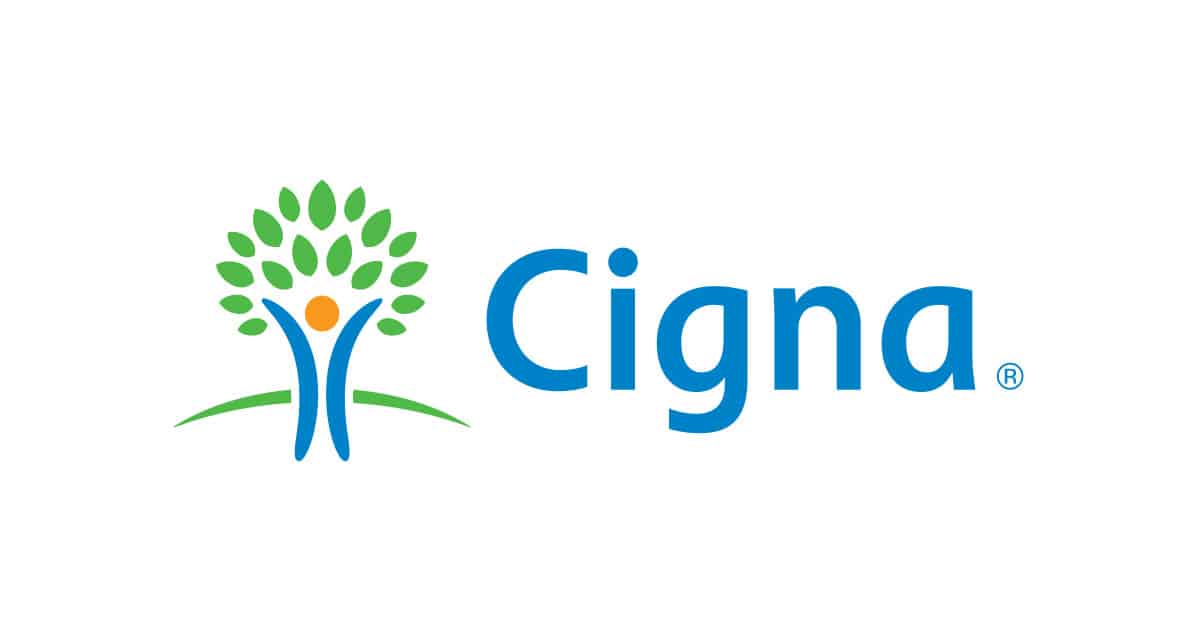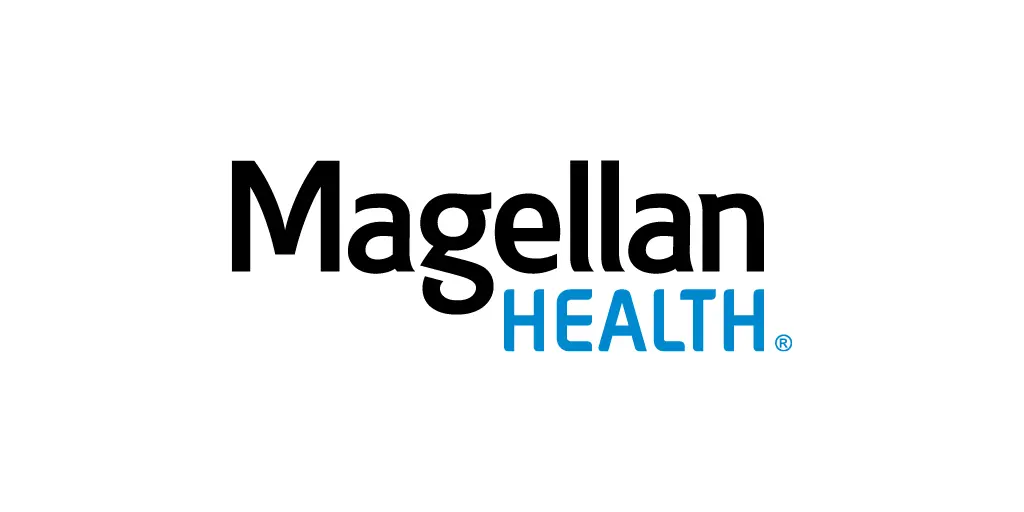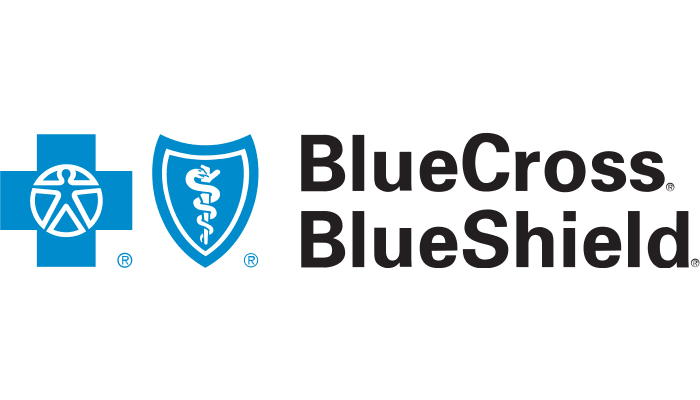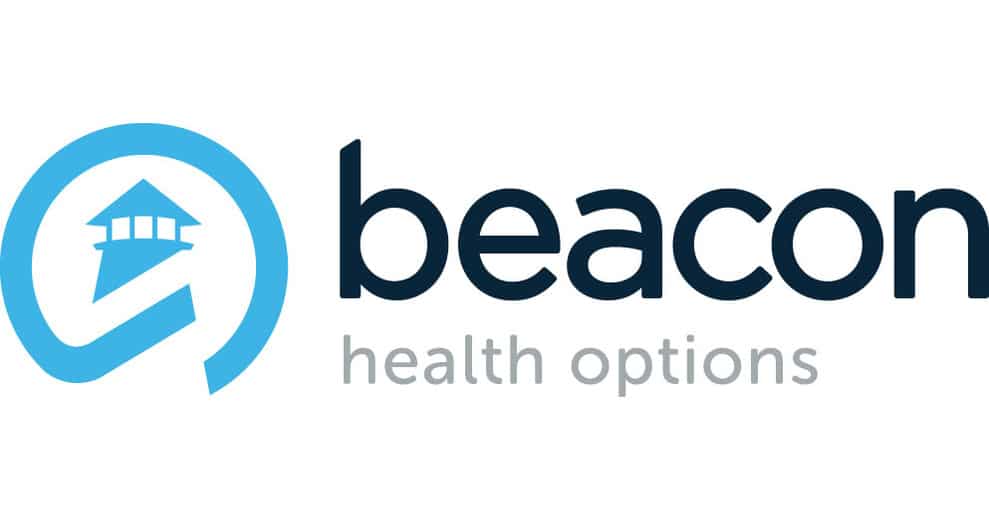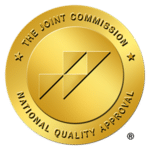Table of Contents
Crack cocaine has gained a notorious reputation in the United States, often associated with the stark portrayals of substance abuse and addiction seen in media.
However, beyond the dramatic portrayals in films and television, crack addiction represents a grave and lethal issue affecting countless individuals. Identifying the signs and symptoms of crack addiction is crucial for securing timely and effective treatment for those impacted.
Crack Cocaine Addiction Treatment
Overcoming crack cocaine addiction is undoubtedly challenging, both physically and mentally. Yet, with professional assistance, navigating through this tough journey becomes more manageable. A critical step towards recovery is fostering a strong determination to quit. This resolve acts as your guiding light through the recovery process’s difficulties. Additionally, numerous support systems are available to help sustain your journey to sobriety. If you’re battling crack addiction in Atlanta, GA, seeking help now can be a life-changing decision.
What Is Crack Cocaine?
Crack cocaine originates from coca leaves found in South America, with cocaine itself being extracted over a century ago. Initially, cocaine was utilized in the early 1900s by doctors to address various ailments and even featured as an ingredient in the initial formulation of Coca-Cola. Following extensive research into its impact on the brain and its highly addictive nature, cocaine has been classified as a Schedule II substance. This classification indicates that while the drug possesses a high potential for abuse, it can still be prescribed by doctors for legitimate medical purposes under strict regulations.
Cocaine is available in both powder form, known as cocaine or coke, and in a solid rock form, referred to as crack cocaine. Crack is produced by dissolving powdered cocaine hydrochloride in a mixture of water and another substance, typically baking soda. This mixture is then boiled until it solidifies into a rock-like substance, which, once cooled, is broken down and sold as crack cocaine.
The name “crack” comes from the distinctive crackling sound made when the substance is heated. Users smoke crack cocaine for an immediate and intense high that lasts from five to ten minutes. This brief duration contributes to a perilous cycle of frequent use and intense crashes, leading to significant health risks. Crack cocaine is less expensive than powdered cocaine, owing to its lower purity, yet still delivers a potent high.
To maximize profits or alter the effects, crack cocaine is often adulterated with various substances, some of which can be harmful. Common cutting agents include:
- Corn Starch
- Flour
- Ritalin
- Amphetamine
- Heroin
- Procaine
- Talcum Powder
Each of these agents carry its own set of potential dangers and side effects.
Why Is Crack Addictive?
Despite a slight decline in usage, crack cocaine remains a significant public health concern in the United States due to its widespread availability and affordability.
Crack cocaine’s addictive nature is largely due to its impact on the brain’s dopamine system. Dopamine is a neurotransmitter associated with feelings of pleasure and is involved in various functions, including motivation, reward, concentration, memory, mood, and body movement. Normally, dopamine binds to receptors in the brain to signal reward and pleasure. Afterward, it is cleared away by dopamine transporters, allowing the sensation of pleasure to diminish. However, when crack cocaine is used, it interferes with this process by blocking the dopamine transporters. This blockage prevents the removal of dopamine, leading to an accumulation in the brain and resulting in the intense euphoria characteristic of a crack high.
The crash that follows the high can leave the user feeling irritable, fatigued, and sluggish. To escape these uncomfortable effects, individuals may use crack cocaine repeatedly to maintain the euphoric sensation. This cycle of seeking pleasure and avoiding discomfort can quickly evolve into a relentless drive, pushing the person towards frequent use. Over time, this can lead to the development of tolerance, dependence, and ultimately, addiction to crack cocaine.

Signs and Symptoms of Crack Cocaine Addiction
Recognizing the signs and symptoms of crack cocaine addiction is crucial, as this powerful stimulant can significantly alter an individual’s physical appearance and behavior. Individuals grappling with this addiction often display several indicators.
Signs of Crack Addiction:
- Substance Paraphernalia: Commonly, individuals addicted to crack possess paraphernalia for smoking the substance, such as metal or glass pipes with a bulbous end. Homemade smoking devices can also be crafted from items like glass bottles, cans, plastic bottles, asthma inhalers, or even lightbulbs.
- Elevated Energy Levels: As a potent stimulant, crack cocaine can cause users to experience intense bursts of energy, leading to rapid speech, restlessness, heightened anxiety, or aggressive and erratic behaviors. These effects typically last between five to ten minutes.
- Changes in Appetite: Crack cocaine users might experience significant weight loss due to a decreased appetite or undergo periods of increased food consumption.
- Fatigue: Following the intense high, users often feel extremely tired, spending much of the time sleeping between uses.
- Oral Health Problems: The method of using crack cocaine can severely affect oral health, leading to symptoms such as mouth bleeding, tooth decay, and gum recession.
- Withdrawal Symptoms: Those attempting to quit crack cocaine may face withdrawal symptoms including pain, fatigue, and weakness, which can deter them from seeking treatment.
- Financial Issues: Addiction may lead to spending substantial amounts of money on the drug and related paraphernalia.
- Neglected Personal Hygiene: Individuals struggling with addiction may exhibit poor personal hygiene and grooming habits.
- Psychological Effects: Hallucinations, including the sensation of “coke bugs” crawling on or beneath the skin, are among the psychological symptoms of crack use.
- Life Disruption: Addiction can consume a person’s time with activities centered around obtaining and using crack, negatively impacting family, work, or educational commitments and leading to a deterioration in personal achievements or relationships.
Recognizing these signs and symptoms is the first step toward addressing crack cocaine addiction and seeking necessary help. If you or your loved one are struggling with crack addiction, call our crack rehab in Atlanta, GA.
Identifying Symptoms of Crack Cocaine Addiction
Recognizing the physical and psychological signs of crack cocaine addiction can be pivotal in seeking help for oneself or someone else. Here’s what to look out for:
Physical Symptoms:
- Red or bloodshot eyes.
- Unexpected loss of consciousness.
- Feelings of nausea.
- Difficulty breathing or accelerated respiration.
- Experiencing seizures.
- Inability to stay still, marked by restlessness.
- Muscle spasms or twitching.
- Pupils that are noticeably dilated.
- Lips that are blistered or burned.
- Frequent nosebleeds.
Psychological and Behavioral Symptoms:
- Significant mood fluctuations.
- Difficulties with focusing or concentration.
- Altered libido.
- Periods of intense happiness or euphoria.
- A dwindling interest in previously enjoyed activities.
Being vigilant about these symptoms is crucial for identifying when someone might be struggling with an addiction to crack cocaine. It’s essential to approach this situation with understanding and without judgment, as addiction can affect anyone, regardless of their background. Recognizing these signs is the first step towards seeking treatment and support, which can significantly enhance the individual’s quality of life and well-being. It’s important to move past stereotypes and focus on the behaviors and symptoms presented.
What Causes Crack Cocaine Addiction?
The journey to understanding addiction, particularly to substances like crack cocaine, is multifaceted. Experts recognize that addiction does not stem from a singular cause; instead, it’s the result of various factors that guide individuals towards substance use.
Addiction is not simply about lacking willpower or moral strength; it’s recognized as a complex disease affecting the brain, leading to dependency and making cessation of use incredibly difficult. The challenge of quitting persists even among those earnestly wishing to recover.
Crack cocaine notably affects the brain’s reward system, triggering intense euphoric sensations that encourage repeated use to reexperience these feelings. This reward system also influences essential behaviors like eating and socializing. Over time, as crack cocaine use continues, the brain’s reward response diminishes, necessitating increased amounts of the drug to achieve the same euphoric effect.
The compulsion to use crack cocaine, despite understanding its harmful consequences, is a clear indication of how addiction reshapes brain function, fostering a persistent craving for the substance. Addiction is a chronic condition, implying that the risk of relapse remains, even after achieving sobriety. However, despite the possibility of relapse, various treatment approaches and sustained care can lead to successful recovery, highlighting the importance of ongoing support and intervention.
Crack Overdose
Symptoms of a crack cocaine overdose can manifest more quickly than those associated with traditional cocaine, and they demand immediate attention. Warning signs include:
- Developing a fever or feeling unusually hot.
- Severe chest pain, particularly near the heart.
- An unusually rapid heartbeat, even during rest.
- Experiencing overwhelming energy, agitation, or manic behavior.
- Feelings of nausea or general weakness.
- The onset of hallucinations.
Distinguishing between the aftereffects of a crack binge and the reality of an overdose can be challenging. Users may incorrectly attribute the serious symptoms of an overdose to the familiar discomfort following use, a misunderstanding that can be fatal.
Should you or someone you are with exhibit signs of a crack overdose, immediate medical intervention is critical. Do not delay in calling 911 for assistance.
Withdrawal from Crack Cocaine
Ensuring medical supervision during the detox process is crucial in minimizing the risk of returning to crack cocaine use. While withdrawal symptoms from crack cocaine are not inherently dangerous, they can be profoundly uncomfortable, significantly increasing the temptation to relapse due to the distress experienced. Individuals attempting to withdraw on their own are more susceptible to resorting back to drug use in an attempt to alleviate their discomfort, compared to those who have access to support for managing their withdrawal symptoms.
Common Withdrawal Symptoms from Crack Cocaine Include:
- Depression
- Anxiety
- Fatigue
- Difficulty focusing
- Sleep disturbances, including insomnia and intense dreams
- Anhedonia, or the loss of the ability to experience pleasure
- Physical discomfort, including aches, pains, chills, and tremors
Severe cases of withdrawal can manifest as profound depression, occasionally leading to suicidal ideation.
This underscores the importance of engaging with healthcare professionals and counselors for a safe detoxification process. The support network provided not only offers moral encouragement to endure through the challenging periods of mood fluctuations but is also vital for the medical management of physical symptoms. For instance, a healthcare provider might administer medications such as acetaminophen to alleviate physical discomforts. Absent this comprehensive support, the individual is more prone to succumb to intense drug cravings and relapse, which carries a heightened risk of binge use and potentially fatal overdose. If you or your loved one are struggling with crack addiction, call our crack addiction treatment center in Atlanta, GA

Crack Addiction and Alcohol
Combining crack cocaine with alcohol intensifies the dangers, potentially leading to fatal consequences. When ingested together, these substances prompt the liver to produce cocaethylene, a harmful chemical that lingers in the body and can accumulate to hazardous levels. This can cause a range of severe health issues, including heart complications, seizures, and even death.
Moreover, crack cocaine can accelerate the absorption of alcohol while simultaneously slowing its metabolism. This interaction makes it easier to reach toxic levels of alcohol in the body, increasing the risk of alcohol poisoning or overdose.
Understanding the risks associated with mixing crack cocaine and alcohol is crucial. The combination of these substances can be deadly, and the dangers are not worth taking. For those struggling with addiction, numerous treatment options are available to support recovery and maintain sobriety. Seeking help can be a life-saving decision.
Crack Cocaine Addiction During Pregnancy
Using crack cocaine during pregnancy significantly increases the risk of miscarriage, preterm birth, and stillbirth. Infants born to mothers who smoke crack during pregnancy are at a higher risk of having low birth weight, a factor that can lead to long-term health issues.
Moreover, exposure to crack cocaine in utero can result in developmental challenges for the child, such as learning difficulties, behavioral problems, and an increased likelihood of ADHD. These children may also have a higher risk of substance addiction later in life.
For those pregnant and battling crack cocaine addiction, support is accessible. Numerous treatment programs are dedicated to helping achieve and maintain sobriety. Reaching out for assistance is a critical step towards a healthier future for both you and your baby.
Identifying Crack Cocaine Addiction
The immediate effects of smoking crack include a brief, intense high lasting about 10 minutes, marked by euphoria, heightened focus, and increased energy. However, the subsequent “crash” can be equally intense, leading to depression, anxiety, and paranoia.
Observable physical indicators of crack use include:
- Muscle spasms or twitching
- Frequent nosebleeds
- Pupils that are unusually dilated
- Signs of restlessness
- Blisters on the lips
- Burns on the fingers
These symptoms can help identify if someone might be struggling with addiction to crack cocaine, prompting the need for intervention and support. If you or your loved one are struggling with crack addiction, call our crack rehab in Atlanta, GA
What Are the Challenges When Quitting Crack?
Quitting crack cocaine presents unique challenges, unlike the withdrawal process for opioid dependencies, where medications like buprenorphine serve as replacement therapies to gradually wean individuals off opioids. Those battling crack cocaine addiction face a starkly different reality: there is no pharmacological substitute to ease the transition away from the drug. The journey to sobriety necessitates a complete cessation of drug use.
While a minority manage to quit crack cocaine on their own, such cases are exceptional. The withdrawal phase is particularly daunting due to intense cravings. This is because the brain must adjust to regulating dopamine production independently, without the artificial stimulation provided by crack. Beyond the immediate physical withdrawal symptoms lies a protracted phase of psychological withdrawal, characterized by strong cravings and depression, which poses a significant risk for relapse.
This extended psychological and emotional withdrawal phase underscores the importance of professional support. Engaging with a counselor or therapist can be invaluable. These professionals assist in navigating the complexities of withdrawal, offering insights into the symptoms and guiding patients towards adopting healthier behaviors to safeguard against future relapse.
Thankfully, individuals determined to overcome crack cocaine addiction have access to comprehensive support through both inpatient and outpatient rehabilitation programs. Research indicates that both modalities are equally effective, allowing individuals the flexibility to choose the approach that best suits their personal circumstances and preferences. Deciding between inpatient and outpatient care should be a collaborative process, involving the individual and their treatment team, to ensure the chosen path aligns with their recovery goals.
How Long Does Crack Stay In Your System?
Although crack cocaine is known for its brief euphoric effects, lasting merely 5–10 minutes when smoked and up to 30 minutes when snorted, its traces can linger in the body for a considerably longer period, detectable for days or even weeks post-use.
The half-life of crack cocaine, which is the time it takes for half of the drug to be eliminated from the body, ranges from one to one and a half hours. Consequently, about half of the substance is cleared from the system approximately an hour after consumption. By the two-hour mark, this reduces to a quarter, and the reduction continues accordingly.
The ability to detect crack cocaine in the system varies by the testing method employed and the individual’s metabolic rate. Hair follicle tests can identify crack usage for up to three months, urine tests can reveal its presence for up to two days, saliva tests are effective for up to 36 hours, and blood tests can detect crack for up to 7.5 hours after use.
Factors influencing how long crack remains detectable include the dosage consumed, frequency of use, and the user’s general health condition. Individuals with liver issues may experience extended detection times since the liver is instrumental in metabolizing the drug.
Short and Long-Term Effects of Crack Addiction
Crack cocaine is notoriously addictive, and even a single use can lead to dependency due to its intense and immediate effects. Understanding the breadth of health implications—both short-term and long-term—is critical for those affected by crack cocaine addiction. Without seeking appropriate treatment, the consequences of this addiction can rapidly degrade one’s health and quality of life. Although the initial effects may appear manageable, the long-lasting repercussions can significantly alter one’s life trajectory.
Short-Term Effects of Crack Addiction
Initially, users are drawn to crack cocaine for the euphoric high it provides, a sensation that can lead to repeated use in pursuit of the same effect. Crack delivers a swift onset of its effects, which, despite their brevity, are potent and compelling:
- Euphoria or intense joy
- Surge in energy or hyperactivity
- Increased talkativeness and confidence
- Reduced appetite and heightened alertness
- Faster heart rate and sleep disturbances
- Feelings of paranoia or anxiety and engaging in risky behaviors
- Strong cravings for more crack cocaine
- Physical signs like dilated pupils, red eyes, and headaches
The immediate shift from euphoria to paranoia as the high fades can prompt aggressive behavior, posing a risk to the user and those around them.
Long-Term Effects of Crack Addiction
Prolonged use of crack cocaine intensifies the difficulty of achieving the initial euphoric state, while the health effects become increasingly severe. A growing tolerance compels users to consume greater amounts, escalating the risk of irreversible damage.
Cardiovascular Health
- Arterial Damage: Continuous use can harden arteries, leading to cardiovascular diseases.
- Heart Muscle Inflammation: Ongoing inflammation can stiffen heart muscles, complicating blood pumping and heightening the risk of heart failure.
- Elevated Blood Pressure: Crack cocaine accelerates heart rate and narrows blood vessels, increasing blood pressure and stressing the cardiovascular system, which can lead to heart attacks.
Brain Health
- Mental Health: Usage can exacerbate or trigger mental health issues, including depression, paranoia, and psychosis.
- Physical Brain Damage: Effects on the cardiovascular system can lead to brain-related issues like seizures, blood clots, and potentially strokes due to restricted blood flow and neuron damage.
Respiratory System
Smoking crack can severely impair lung function, leading to conditions like “crack lung,” characterized by coughing, wheezing, chest pain, and breathing difficulties.
Kidney and Gastrointestinal Health
Long-term use can result in kidney failure and gastrointestinal distress, including ulcers and inflammation of the large intestine.
Immune System
Ongoing addiction weakens the immune system, making the body more susceptible to illnesses and infections.
Treatment for crack cocaine addiction in Atlanta, GA, such as those offered by specialized centers like the West Georgia Wellness Center, is imperative to mitigate these effects. These programs address both the addiction and any co-occurring mental health conditions, providing a holistic approach to recovery. Acknowledging the need for help and engaging in treatment can pave the way for healing and a return to wellbeing.

Types of Treatment for Crack Addiction
Addressing crack cocaine addiction demands a personalized approach to treatment, recognizing that each individual’s journey to recovery is unique. Factors such as personal history, lifestyle, and specific needs play a critical role in shaping the most effective treatment strategy.
At West Georgia Wellness Center, we offer a diverse array of clinical services and programs tailored to support individuals grappling with crack cocaine addiction. Our treatments aim to uncover the root causes of addiction, equip individuals with healthy coping mechanisms, and provide a supportive environment conducive to open expression and healing. Our dedicated team ensures high-quality care in an atmosphere that fosters recovery and personal growth.
Some of Our Comprehensive Crack Cocaine Addiction Treatment Services Include:
- Trauma Therapy Program: Recognizing the link between substance use disorders and trauma, this program addresses the emotional and psychological aspects of addiction, facilitating a holistic recovery process that also tackles any co-occurring mental health conditions.
- Dialectical Behavior Therapy (DBT) Program: This therapy focuses on understanding and managing behaviors that influence addiction and recovery. Through mindfulness practices, individuals learn to navigate emotional challenges and life changes more effectively.
- Cognitive Behavioral Therapy (CBT) Program: Targeting the underlying thoughts and beliefs fueling addiction, CBT helps patients reframe negative patterns and develop coping strategies for various life challenges.
- Motivational Interviewing: Particularly beneficial for those uncertain about recovery, this therapy enhances motivation and commitment to the treatment process, encouraging patients to embrace the journey to sobriety.
- Acceptance and Commitment Therapy: This therapy aids individuals in accepting their experiences and committing to positive changes, supporting a healthier approach to dealing with emotions and recovery challenges.
At West Georgia Wellness Center, we’re dedicated to providing the tools and support needed to navigate the path to recovery from crack cocaine addiction in Atlanta, GA. Our range of treatments and therapies ensures that everyone has access to the care that best suits their individual needs, fostering lasting change and a return to wellness.
Treatment for Crack Cocaine Addiction
Recognizing crack cocaine addiction as a medical condition is crucial, and seeking treatment from a certified rehabilitation center offers the most secure and effective approach to navigating the withdrawal symptoms linked to detoxification. Medical professionals at these facilities deliver medically assisted detoxification programs designed to ensure a safe gradual withdrawal from crack cocaine. Following detox, patients typically progress to inpatient rehabilitation, where they receive therapy aimed at addressing the underlying reasons for their addiction. Rehabilitation programs are structured to equip patients with strategies to manage cravings and identify triggers that may lead to relapse.
For those affected by crack cocaine addiction, remember, it’s never too late to ask for help. West Georgia Wellness Center provides a range of treatment options across various locations nationwide, designed to support individuals on their path to recovery. For more information, contacting one of our Recovery Advocates can be a valuable first step. All calls are confidential and free of charge, marking the beginning of your journey toward a life free from drugs.
Inpatient Residential Treatment for Crack Cocaine Addiction
Inpatient residential rehab offers a structured treatment environment with 24-hour care and supervision. Patients reside at the facility for the duration of their treatment, allowing them to focus entirely on recovery without external distractions. The length of stay is tailored to the individual’s specific needs, based on the severity of their addiction and the recovery plan developed by the treatment team.
This form of treatment typically incorporates both individual and group therapy sessions. Individual therapy sessions delve into the root causes of addiction, helping patients to develop effective coping strategies for triggers. Group therapy provides a supportive community where individuals can share experiences and learn from the challenges and successes of others facing similar struggles.
Outpatient Treatment for Crack Cocaine Addiction
Outpatient rehab offers a less intensive alternative for those with milder addiction issues, allowing individuals to receive treatment without residing at a facility. This option suits those who wish to maintain their daily routines, including work and family commitments, while undergoing treatment.
Outpatient programs offer flexibility and convenience, making them an ideal choice for individuals seeking to balance recovery with their personal and professional lives. If you or someone you know is dealing with crack cocaine addiction, outpatient rehabilitation could provide the necessary support to embark on the road to recovery.
At West Georgia Wellness Center, we specialize in providing personalized and thorough residential substance abuse treatment for individuals struggling with crack addiction in Atlanta, GA. Our drug rehab program is designed to address each aspect of substance abuse in a supportive and healing environment.
Is Crack Cocaine Rehab Necessary?
Crack cocaine rehab is a crucial step for anyone determined to overcome their dependency. Opting for residential rehab is often the most effective strategy, as it provides an immersive healing environment free from daily stressors, triggers, and temptations. At West Georgia Wellness Center, we prioritize a holistic approach to treatment, focusing on the physical, mental, and emotional health of our clients in a non-judgmental, secure, and supportive setting. Our team, experienced in addiction recovery, is committed to guiding each individual through their journey to wellness.
Moreover, crack cocaine rehab in Atlanta, GA offers the unique opportunity to connect with others facing similar challenges. This sense of community fosters empathy, hope, and confidence, essential elements for successful recovery. But our approach goes beyond treating the addiction itself; we delve into the root causes of your dependency on crack cocaine. Gaining insight into the factors that led to addiction and developing a strong support network are key to achieving a lasting recovery. At West Georgia Wellness Center, we’re dedicated to providing the foundation for a sustainable return to health, empowering you to rebuild your life free from addiction.
Start Your Crack Addiction Treatment Today
Battling crack addiction can feel insurmountable. Given its potent addictive properties, finding the path to liberation from crack can seem elusive, with the brief highs and daunting withdrawal symptoms complicating the decision to break free. The constant risk of overdose adds another layer of urgency to overcome this addiction.
However, you’re not alone in this fight. West Georgia Wellness Center is here to guide you through each step towards recovery from crack addiction in Atlanta, GA. Our residential substance abuse treatment program is designed to support your journey to a life without crack, teaching you strategies to manage without reliance on the substance. Don’t hesitate—reach out to us today for more information and start your journey to recovery.





